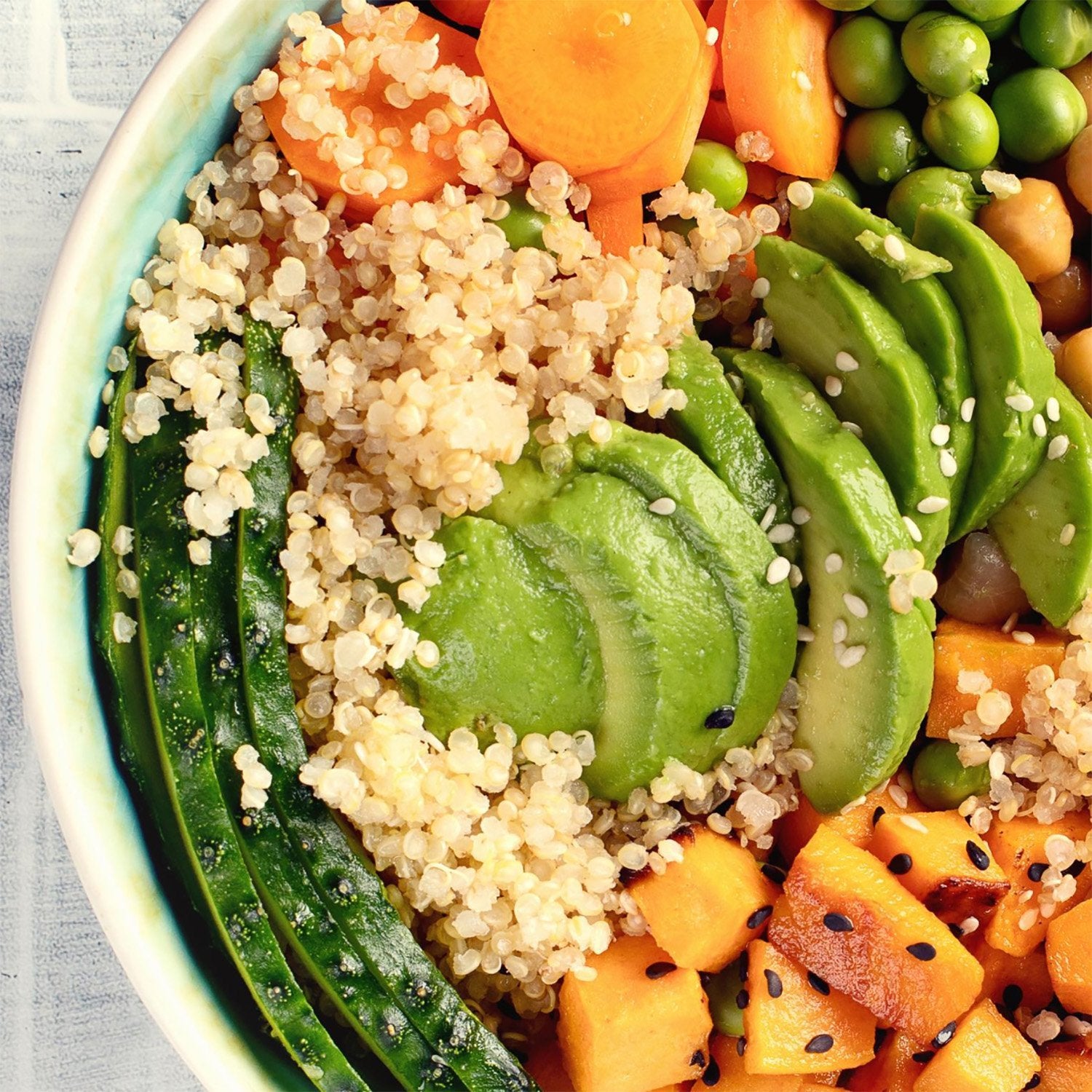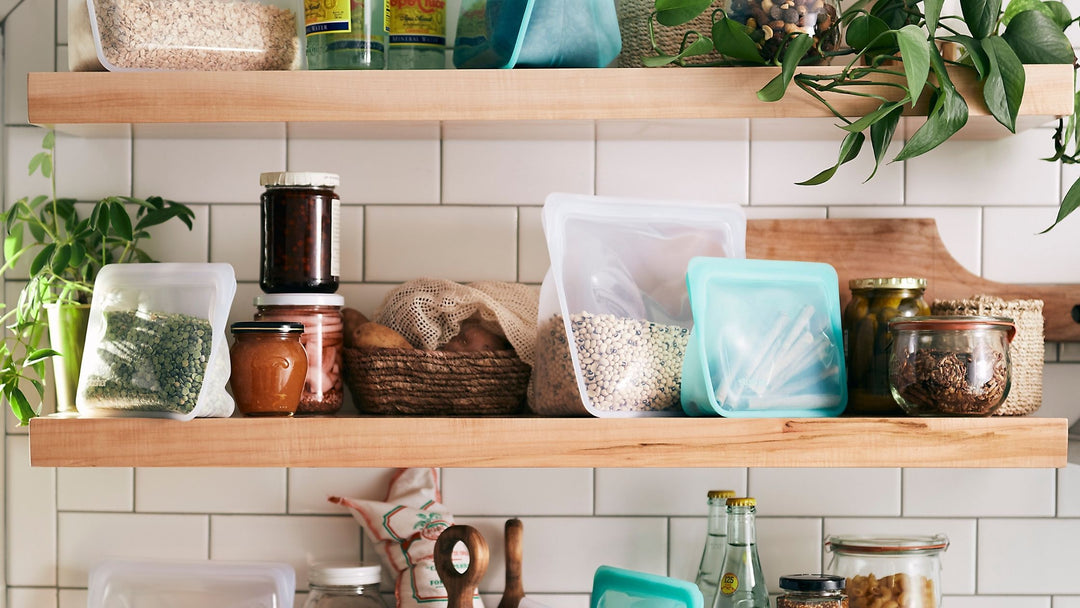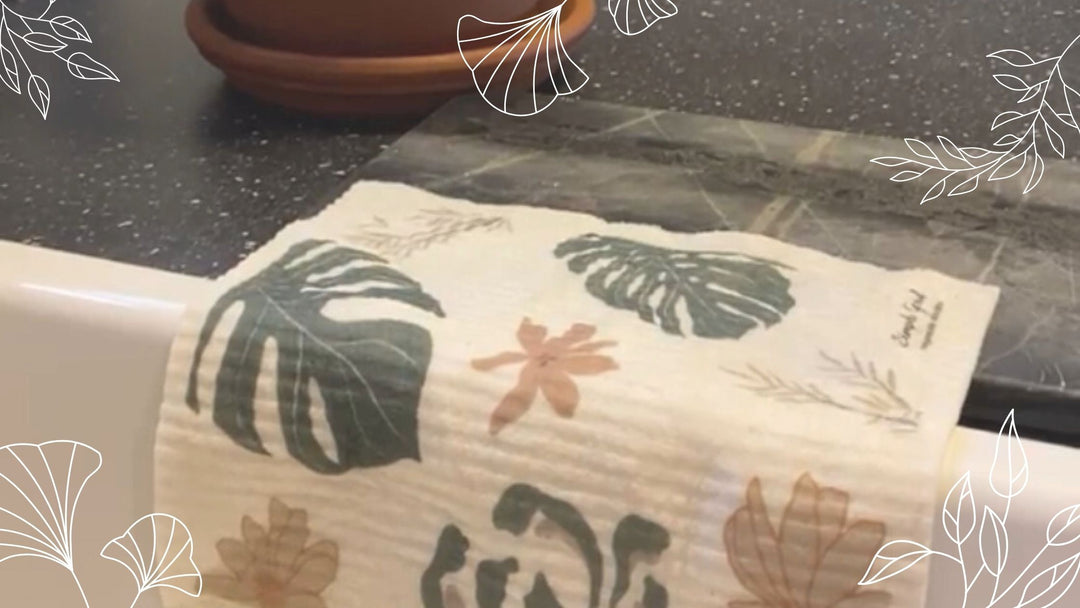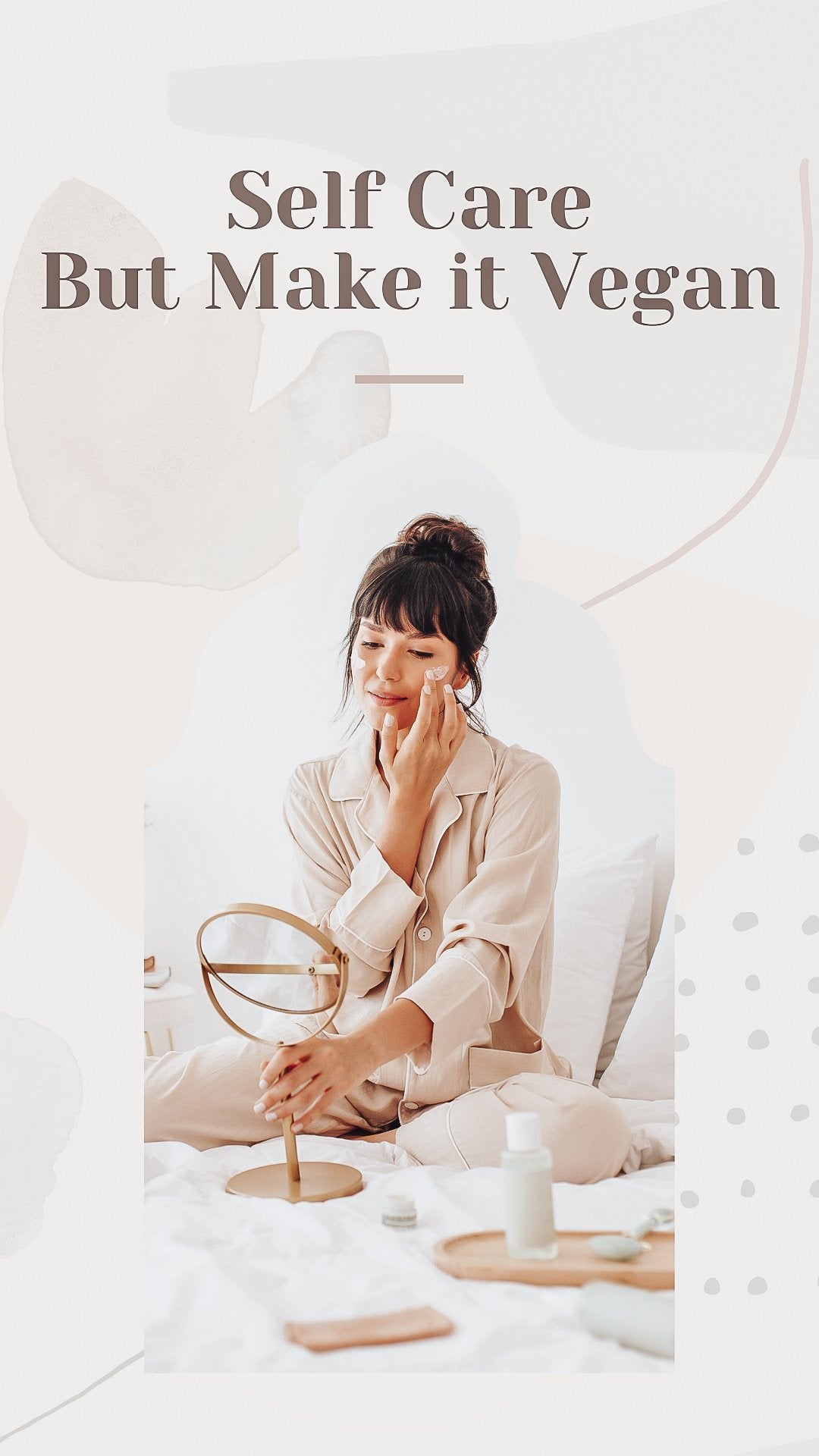7 Questions to Ask Before Starting a Vegan Diet

 Over the last several years, vegan diets have continued to gain traction as more and more benefits have been discovered.
Over the last several years, vegan diets have continued to gain traction as more and more benefits have been discovered.
But the complexity of vegan diets can be a bit intimidating to the beginner. There are a lot of factors to consider, from personal health needs to ethical dilemmas to plain old practicality.
If you're looking to go vegan, this article is a great place to start. Here are seven of the most important questions to ask yourself before starting a vegan diet.
1. Why Am I Starting a Vegan Diet?
This may seem like an obvious question, but it's important nonetheless. There are a few different approaches people take to veganism, and it's a good idea to be able to justify why you're doing it. Knowing the "why" behind the vegan diet also helps motivate you while you're transitioning.
Many people go vegan for ethical reasons. One ethical plus to veganism is protesting the mistreatment of animals. This not only applies to the slaughter and consumption of animals, but also to the mistreatment of farmed animals such as chickens who lay eggs or cows on dairy farms.
Plus, going vegan is more environmentally friendly and sustainable than other alternatives. It's one of the most eco-friendly choices you can make as a consumer.
2. Will a Vegan Diet Be Good for Me Specifically?
When starting a vegan diet, it's also important to know yourself and your health needs. Everyone's body works a little differently, and while some people can take to veganism easily, others need to be more careful or modify their diet for health reasons.
For example, those with severe nickel allergies have to be particularly careful about what they eat as vegans. Someone who is anemic will also need to consider nonmeat sources of iron to keep their bodies running.
3. How Will I Transition Into Veganism?
While many think that quitting cold turkey is the best way to go vegan, it can be extremely discouraging and result in a very short-lived vegan career.
Instead of trying to cut out all animal products immediately, you're much better off doing it gradually over time. Many people begin by cutting out large food groups one by one. For example, you might start by laying off red meat, then poultry, then fish.
By cutting out things one at a time, you avoid the serious cravings that come from quitting animal products cold turkey. Ultimately, you'll have a greater chance of success and make the change easier for yourself.
4. Where Will I Get My Food?
Once you've gone vegan, you'll quickly find that a lot of the staples you used to keep in your fridge need to be replaced with alternatives. But where do you go to get those alternatives in the first place?
Some people are under the impression that being vegan is incredibly expensive and requires you to visit high-end grocery stores, like Whole Foods, to stay healthy. Luckily, though, this isn't the case.
Since veganism is growing in popularity, most grocery stores now have vegan options and alternatives on the shelves. And, since you're no longer spending money on meat, you can afford to splurge on more produce without breaking your budget.

5. How Will I Plan My Meals?
Since vegan diets are significantly more restrictive than most diets, you'll have to do some planning ahead when it comes to meals.
Sometimes the easiest way to learn to cook vegan meals is to use substitutes like vegan butter, vegan cheese, and meat alternatives in your favorite recipes. That way, you're still eating dishes you're familiar with while staying true to the vegan diet.
Over time, you'll learn to incorporate more and more vegan ingredients in delicious combinations.
Another good way to plan for meals is to invest in some vegan cookbooks. These can be a great starting place for the new vegan, and soon enough you'll be improvising and adapting recipes to fit your personal preferences!
6. Are There Any Extra Supplements I Need to Consider?
Going vegan may seem relatively simple at first... just stay away from animal products, right?
But going vegan while still maintaining a healthy diet can take a fair amount of planning. While it may seem that a plant-based diet, such as veganism, would be healthy no matter what you eat, new vegans commonly have to confront gaps in their daily nutrient levels.
For example, red meat is a great source of iron for your body. But if eating red meat isn't an option, you'll need to start considering taking an iron supplement. Calcium that you'd normally get from milk will need to come from different sources.
7. How Will This Affect My Lifestyle?
There's more to being vegan than just diet. Some people forget that a lot of the animal products we use aren't food-related at all. Things like your leather purse or even your favorite candle can be non-vegan, so you'll need to be prepared to let go of a few of these things and opt for vegan alternatives.
You should also be prepared for some difficult conversations with others. Not everyone understands the huge ethical and medical advantages to a vegan lifestyle, and there will be people who question why you've chosen to cut out animal products.
Starting a Vegan Diet the Right Way
It's important to remember that you shouldn't have to justify your dietary choices. Realistically, however, people will ask questions about you going vegan.
That's why it's so important to ask yourself these questions before starting a vegan diet. That way, you'll never have to worry if your nosy aunt is right when she says that veganism is unhealthy. Instead, you'll be prepared to change her mind.
We carry a large selection of vegan, cruelty free goods to ensure you are doing no harm to animals (or the planet!). And make sure you check out our social posts - every Monday we feature a meatless recipe for you to try!






